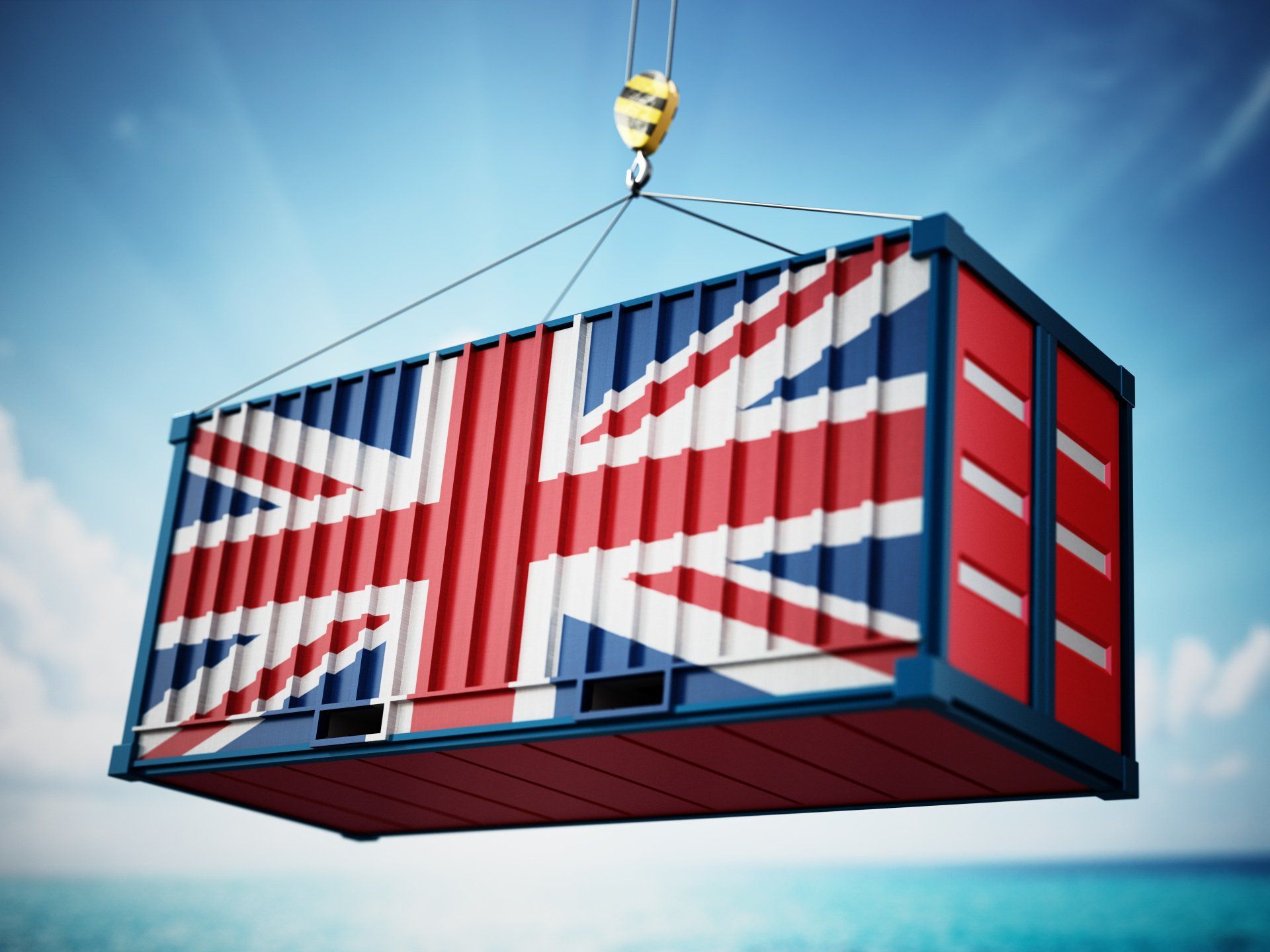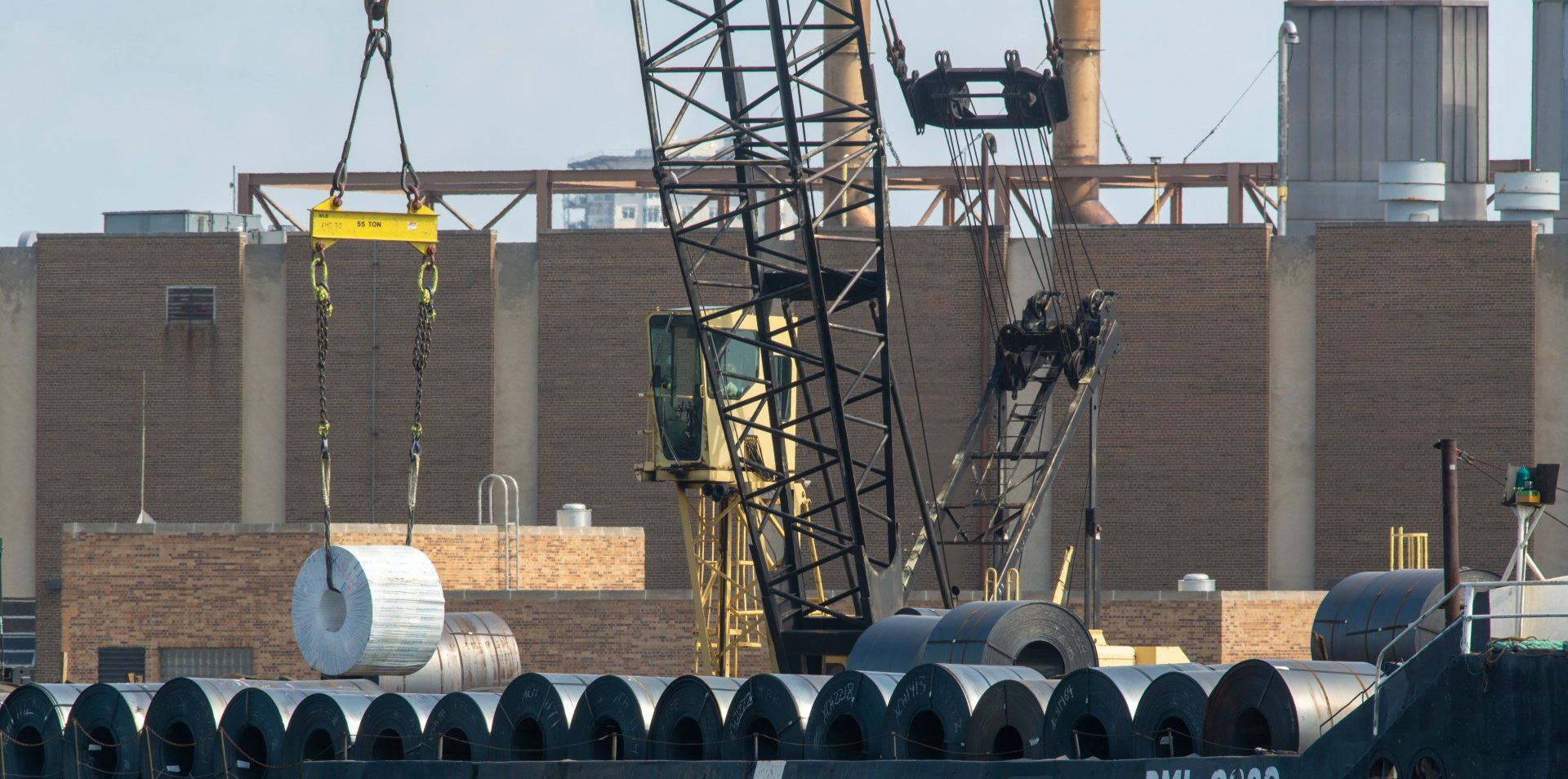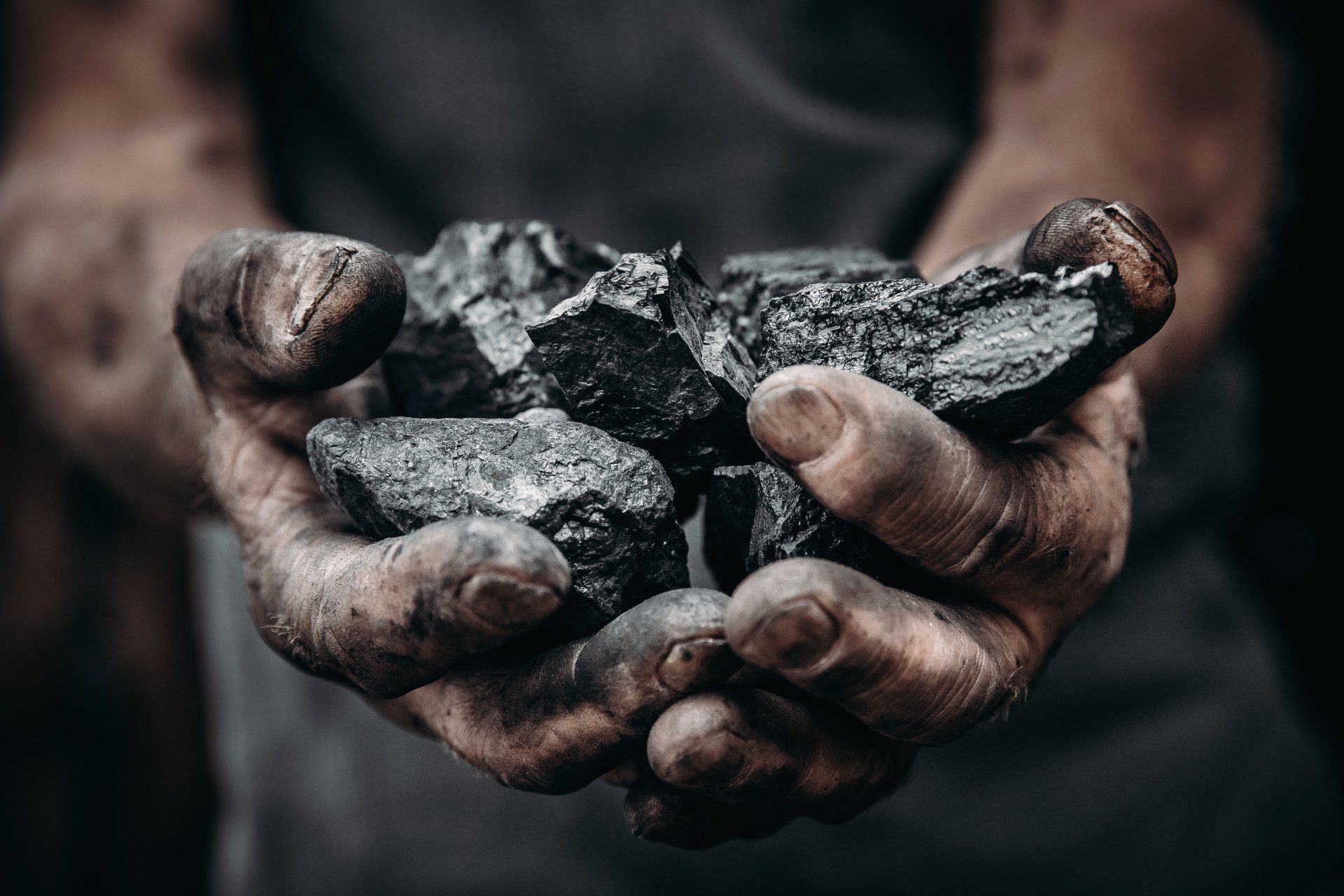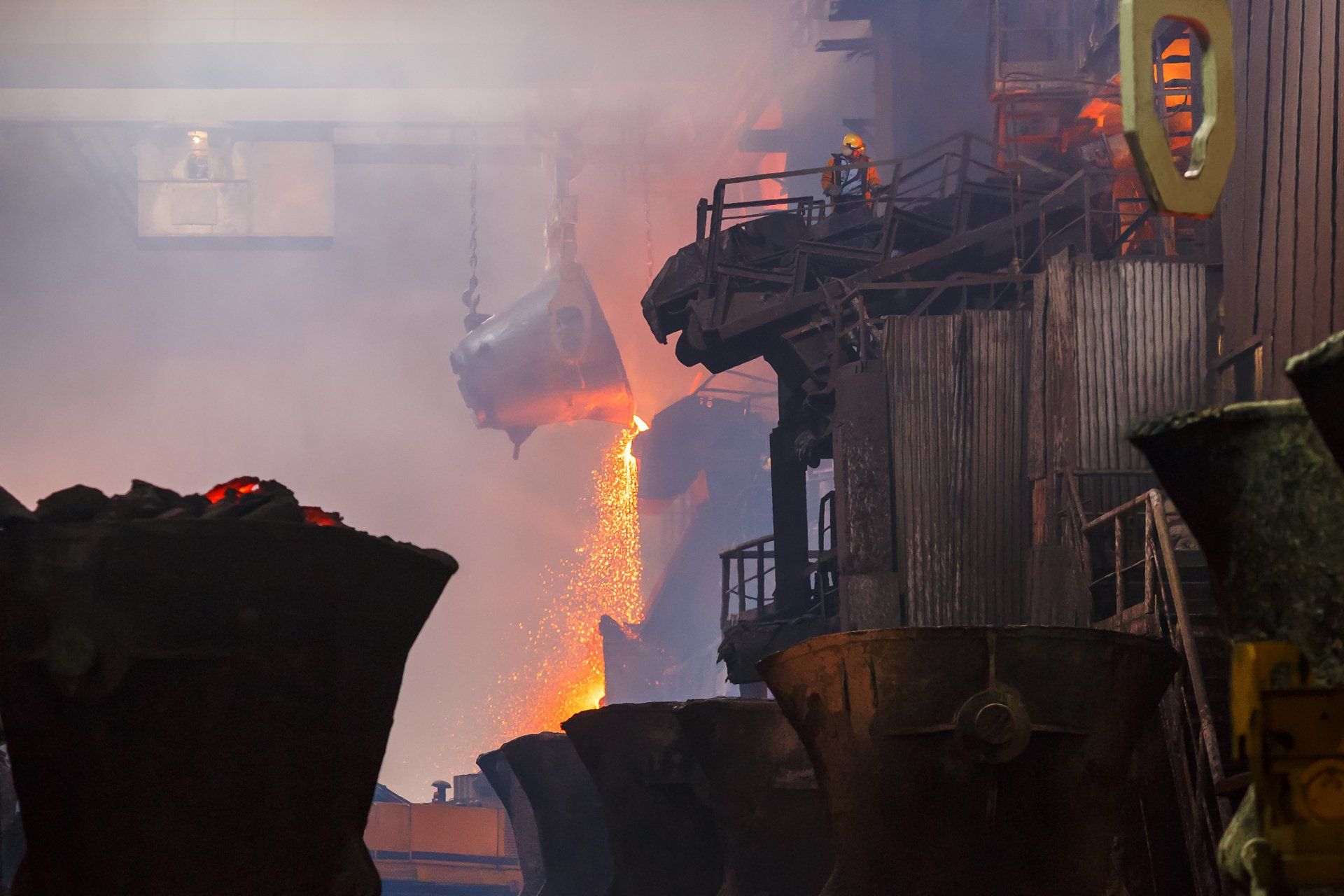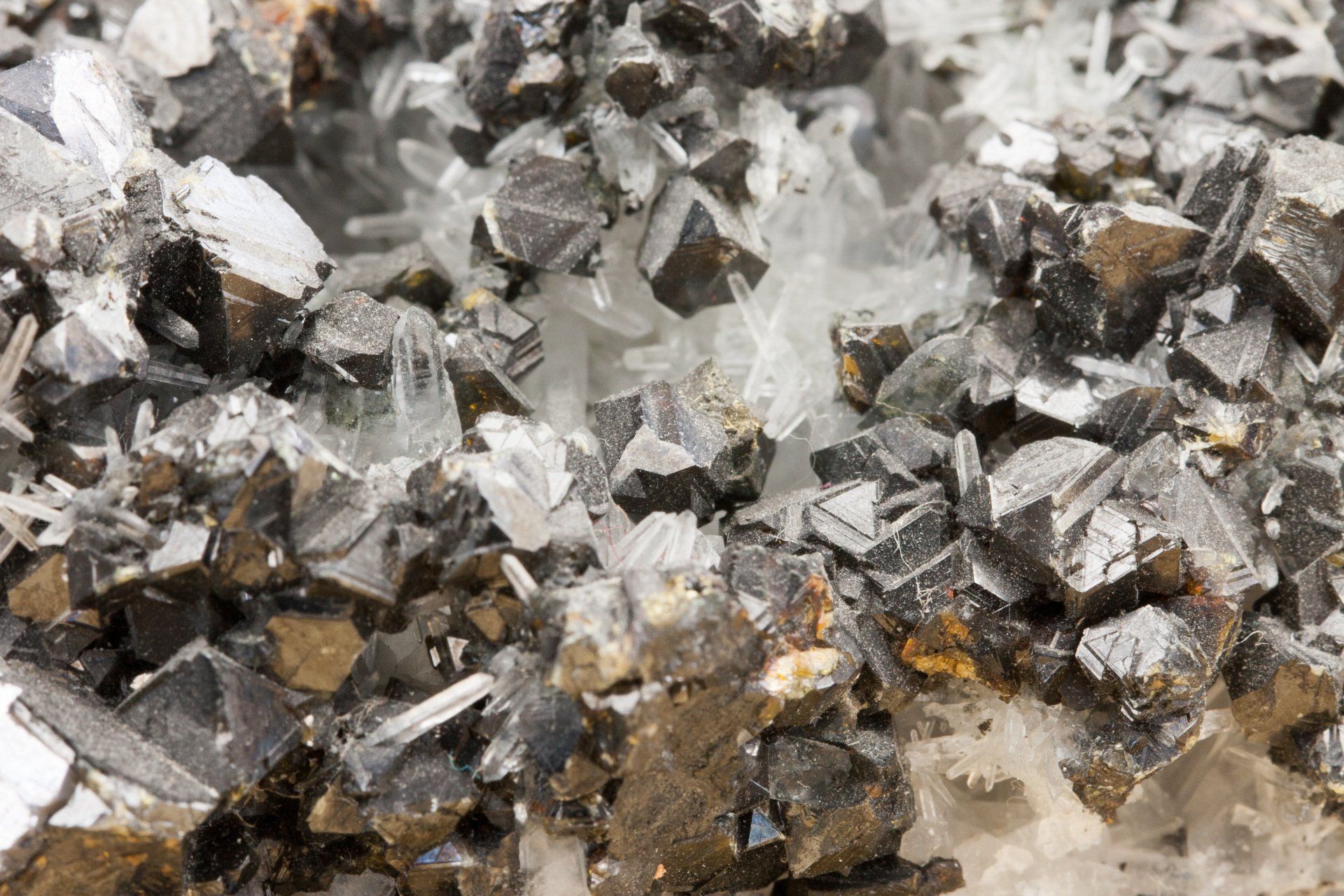What is Non Vessel Operating Common Carrier (NVOCC)?
The organisations who regularly deal with the importing and exporting of materials from one point to another often chose freight forwarders for the transportation. The freight forwarders obtain responsibility for the import and export of the material right from the start. Sometimes, the materials being imported or exported take up entire containers and requite various other containers to fit in.
NVOCC leases an existing space in a container and rent or sell it out to their own customers, popularly known as ‘carriers’. They do not own any warehouse but could own a fleet of containers. It is also said that NVOCC agency sometimes can act as a freight forwarder for the customers too.
Keep reading this blog if you want to know what NVOCC stands for, the roles they play in the import/export industry, the types of NVOCC and more.
What is Non Vessel Operating Common Carrier (NVOCC)?
A Non-Vessel Owning Common Carrier (NVOCC) is a special agency or entity that steps in for business owners who do not require the entire container provided by the freight forwarders to ship their material but just a small portion of it. They provide services like stuffing and transporting multiple containers to various desired ports.
NVOCC shipping is done in a way that the chosen agency makes arrangements and signs contracts with ship owners or freight forwarders under their own Bill of Lading (known as the House Bill of Lading) and can act as a single point of contact of those companies who do not require the entire container for their shipment.
Now, if you are wondering what the role of NVOCC is, then we have listed them below for you - check it out.
The Role of Non Vessel Operating Common Carrier (NVOCC) in Shipping Goods
- Cost-effective : The most important role of NVOCC is the fact that it is cost-effective. With choosing NVOCC shipping, importer or exporter has to only bear the cost of the container that their product acquires.
- Options for transportation : One of the reasons why NVOCC shipping is popular or is advised to certain businesses is because these agencies provide various options for transportation. They usually have ties with various shipping lines so the customer is given options to pick from depending their needs and wants.
- Precise instructions : Another advantage to NVOCC shipping is that the communication until the product reaches its required destination, is kept clear and precise to simplify the process as much as possible. The Non-Vessel Owning Common Carrier acts as a single point of communication for both parties with the paperwork at hand and ready to go.
What Types of Non Vessel Operating Common Carrier (NVOCC) Are There?
- On-carrier type Non Vessel Owing Common Carrier :
In this type of NVOCC shipping, the agencies chosen have special agents and offices at major transit and this engages in trans-shipment. They are expected to receive the material or products from inland or road carriers and issue the bill of lading. NOTE: This NVOCC shipping does not have any restrictions when it comes to routes. - Carrier Non Vessel Owing Common Carrier :
In this type of NVOCC shipping, the agency accepts the shipment, liability for the consignment, and offers a bill of lading. The carrier non-vessel owning common carrier is not expected to complete the transportation process themselves but deliver the shipment to an actual carrier and receive it once the goods get to their desired location. - Broker Non Vessel Owing Common Carrier :
In this type of NVOCC shipping, the agency gets the shipment from various importers and helps them find a carrier for the materials. They engage in the organisation of transportation, distribution, and options of modes of transportation. This shipping is focused on determining the best route and services, making it perfect for the individual/ small to medium sized business who opts for this NVOCC shipping.
The Process of Non Vessel Operating Common Carrier (NVOCC) Shipping
The NVOCC transports the materials from point A to point B and is considered a one-stop-shop for shippers. They use multiple methods of transportation (such as rail, ocean, and road). Sometimes the shipping agency outsources the warehouse to optimise the asset and issues their own House Bill of Lading. During the shipping process, the agents will make sure that the NVOCC shipping documents are prepared and processed properly, making the process as smooth as possible.
NVOCC shipping often offers personalised services to their clients, which is one of the top advantages that come along with the shipping. The agency often keeps good communication with the locals, which helps them in getting work done faster, and with minimum interruption.
For the charges required for NVOCC, they tend to vary from port to port and shipping lines, as well as distance. Various elements determine the cost of NVOCC shipping.
Are NVOCCs and Freight Forwarders The Same Thing?
Yes, both NVOCC shipping and freight forwarding are quite similar, but there are some basic differences that you need to understand before taking any action. Let’s discuss:
For NVOCC shipping, a House Bill of Lading is issued, and the agencies are permitted to add their profit margins (if required). The NVOCC shipping agency owners have an agreement with shipping lines and the shipper or freight forwarders and often act as a mediator among the two. NOTE: There are no NVOCC acting as an agent for freight forwarder.
For Freight forwarders, the House Bill of Lading is issued according to the International Federation of Freight Forwarders Association documents and are not allowed to add any profit margin to their bill. Although a freight forwarder can add a handling fee and other surcharges required. The freight forwarders represent shippers while dealing with shipping lines. NOTE: A freight forwarder can act as an agent for NVOCC shipping.







